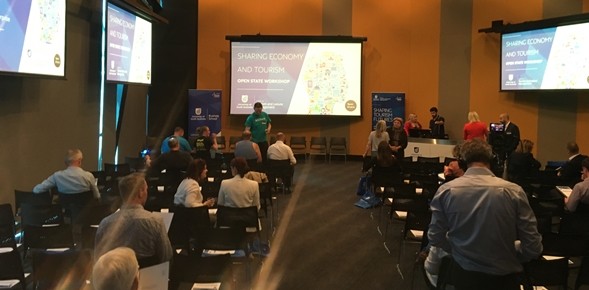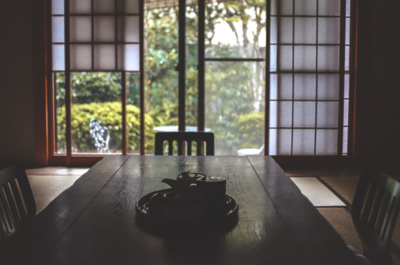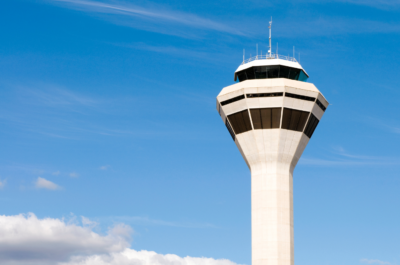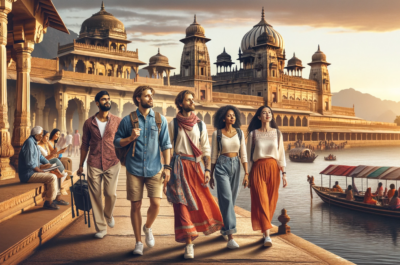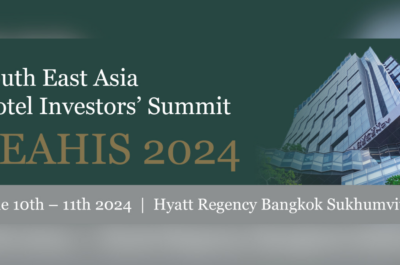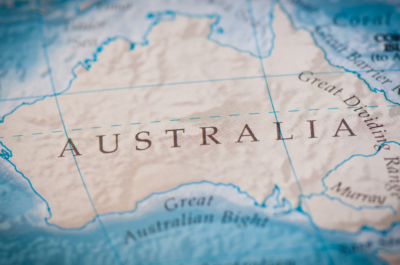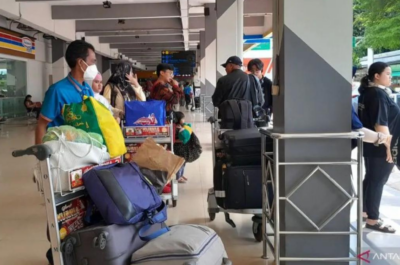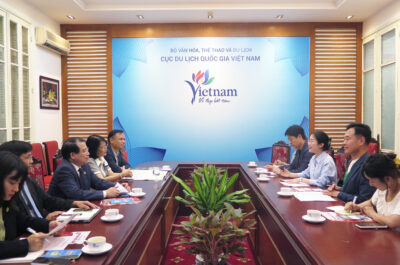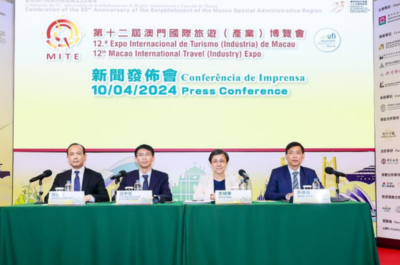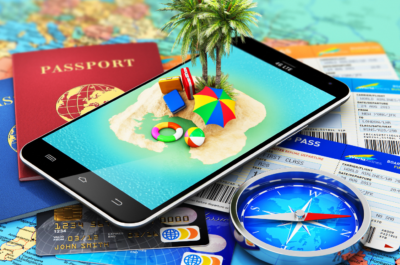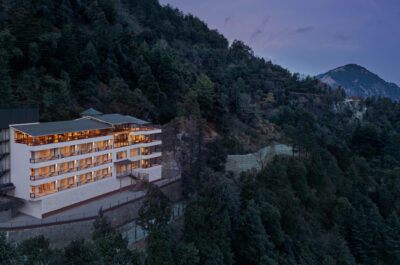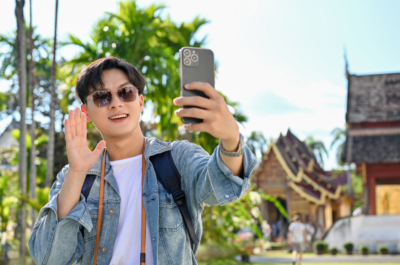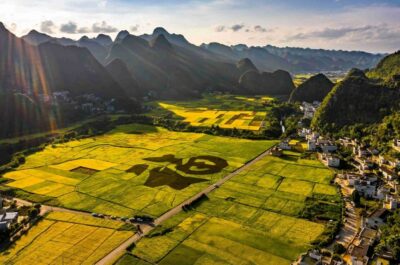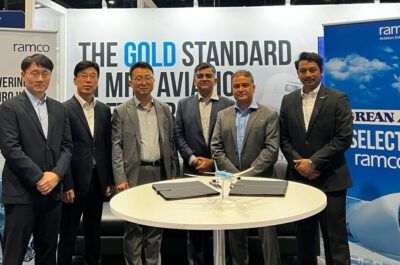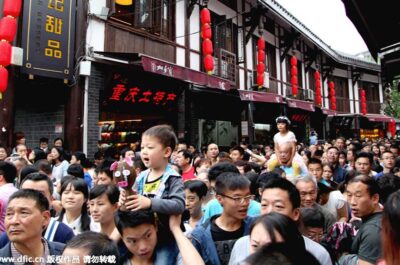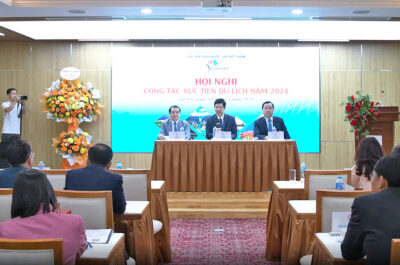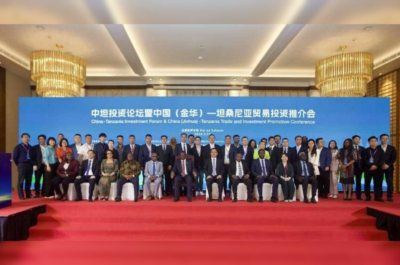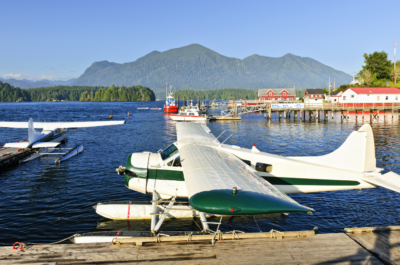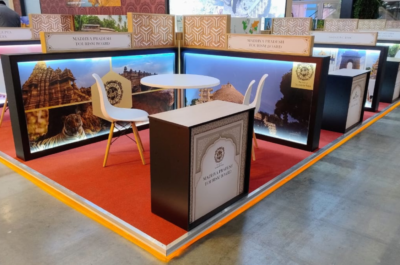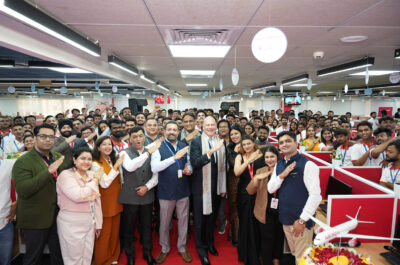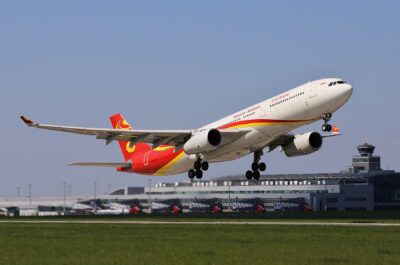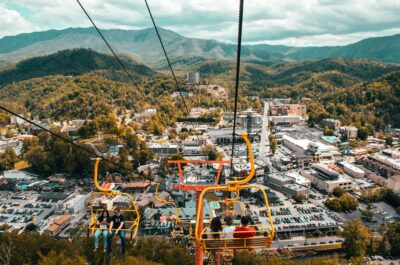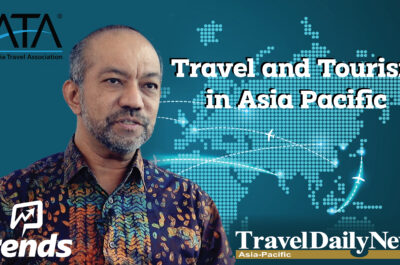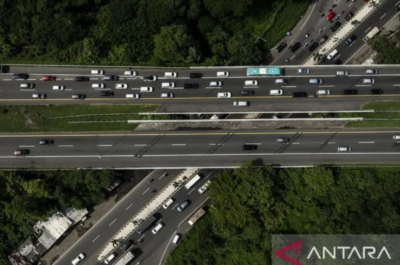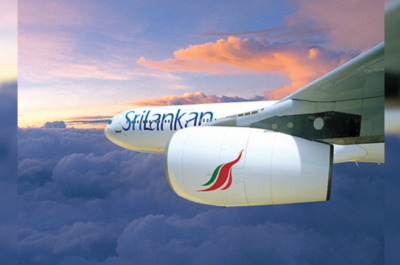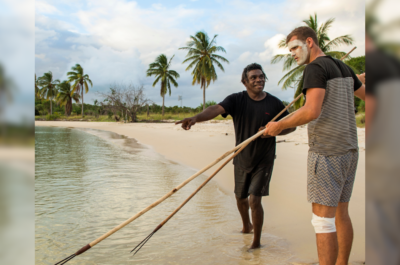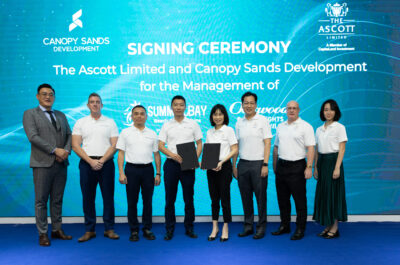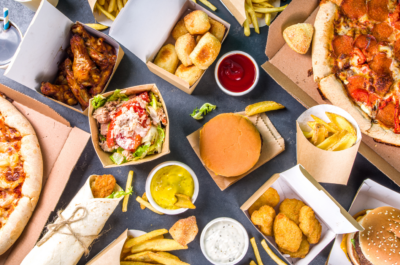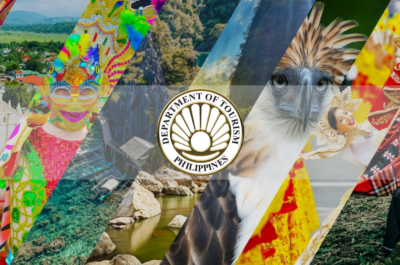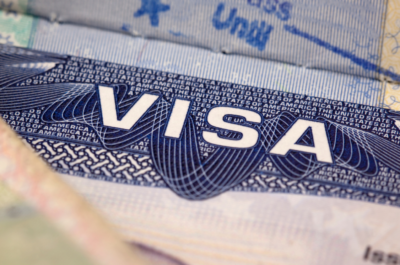The workshop took place on the 4th of October at the UniSA and it was attended by more than 90 industry professionals and citizens.
The Centre for Tourism and Leisure Management (CTLM) of the University of South Australia (UniSA) has teamed up with the 2017 Open State festival and organised a unique and major workshop on Entrepreneurship and sharing economy in tourism: unravelling economic, socio-cultural and environmental impacts. The Open State is a festival of collaboration, innovation, ideas and enterprise, that is held annually in Adelaide and organised by the Government of South Australia. The workshop brought together community, government and business to ignite discussion, understand the disruptions but at the same time celebrate the innovation and entrepreneurial opportunities generated by the sharing economy in the tourism economy. The workshop took place on the 4th of October at the UniSA and it was attended by more than 90 industry professionals and citizens. The workshop featured 11 speakers who presented findings and shared their experience and points of view about the economic, socio-cultural and environmental impacts of the sharing economy in tourism. The speakers represented a variety of social actors including researchers/academics, sharing economy entrepreneurs, industry association representatives, policy makers and professional experts. Hence, the workshop provided a multi-dimensional, a multi-stakeholder and a 360 degree view about the concept, the practice, the impacts and the implications of the sharing economy in tourism.
The sharing economy in tourism is growing at exponential rates. It affects all tourism activities and sectors including accommodation, transportation, tour operations, restaurants and tour guides. Names such as Airbnb, Uber, Homeaway, Onefinestay, Deliveroo are always on the political and business discussions, as well as at the centre of attention of mass media publications. By transforming the way we live, work, produce, consume and exchange goods and services, the sharing economy is challenging the fundamental institutions of employment, work and entrepreneurship, while it also generates social value. The sharing economy is challenging the socio-technical, economic and cultural regimes by disrupting and deconstructing existing structures, while simultaneously constructing new ways to organise work and lives. The workshop started with an opening speech by Prof Marie Wilson (Pro Vice Chancellor, University of South Australia Business School) who highlighted the increasing impact of the sharing economy on both the size and scope of the tourism industry and the urgent need to conduct further research to better understand and manage it. Prof Marianna Sigala (Director of CTLM, UniSA and general chair of the workshop) also welcomed the participants and gave an overview speech analysing the concept of the sharing economy and the various forms and business models that is applied and practiced in tourism. By identifying both the positive and negative impacts of the sharing economy in tourism, Prof Sigala also explained how the various social actors use the former to frame the sharing economy differently. Framings empowering the sharing economy view it as: 1) an economic opportunity that empowers people to monetize under-utilized resources and get an employment or become micro-entrepreneurs; in this vein, the sharing economy can be a solution and can respond to increasing unemployment rates, and the current needs of the new economy for a more fluid and flexible labour market; 2) a sustainable form of consumption (i.e. the sharing economy generates social and environmental value by transforming waste, recirculating unused resources, and promoting an efficient use of resources and sustainable consumption behaviours); 3) as a way to build an equitable, decentralised and sustainable new economy driven by the values of liberty, democracy, social justice and environmental justice (i.e. the sharing economy empowers citizens, communities and grassroot organisations). At the same time, the sharing economy is also framed as: 1) a black, grey economy that creates unregulated marketplaces, unregulated freelance work and unregulated (under) employment through tax avoidance and unfair competition; and 2) a neoliberal economic paradigm supporting commercialized profit-driven peer-to-peer marketplaces, casualization of labour and new forms of exclusivity and discrimination (i.e. you can only share when you own, and discriminatory access to shared resources to various citizen groups). These contradictory and contrasting framings of the sharing economy reflects its paradox, i.e. its ability to deconstruct existing regimes and simultaneously construct new structures that may mask new forms of inequality, unfair and unregulated competition, and polarization of ownership and access to resources). To address this, Prof Sigala emphasized the need for urgent political change, societal transformation and governmental action.
The first session of the workshop featured four speakers providing research findings about the application and impacts of the sharing economy in tourism. Dr Rob Hallak and Prof Marianna Sigala (University of South Australia) provided evidence of the impact of the sharing economy to generate four types of entrepreneurship and job opportunities: 1) those starting-up sharing economy peer-to-peer marketplaces; 2) the micro-entrepreneurs such as micro-hoteliers, micro-restaurants; 3) a secondary market of micro-entrepreneurs providing business management services to enable the micro-entrepreneurs to get involved in the sharing economy (e.g. cleaning services, price maximization and marketing services for listing properties on Airbnb); and 4) the freelancer tourism professionals (the contractors of sharing platforms and micro-entrepreneurs). Dr Denise Goodfellow (Lawungkurr) (Southern Cross University) explained how the aboriginal values of trust and genuine sharing can (trans)-form the sharing economy in the 21st century and provided great examples for such opportunities from bird watching tourism experiences. Dr Yixiao Xiang (Shandong University, Jinan, China) presented numerous examples on how the sharing economy in tourism is promoted and applied in China as a way to support rural economic and sustainable development. The sharing economy in China is booming and is listed as a key policy priority by the Chinese government. Shaun de Bruyn (General Manager, South Australian Tourism Industry Council, SATIC) presented findings revealing the perceptions of the SA tourism industry about the impacts of Airbnb. The findings confirmed that little is still known about the impacts of Airbnb and that tourism professionals are generally unsure and ignorant about the current and potential impacts of Airbnb on their regions, communities and businesses. SATIC identified the need to regulate the sharing economy accommodation industry as one of the 10 priorities of the tourism industry policy agenda for 2017 – 2018. SATIC calls the South Australia Government to develop regulations and implement measures to enable a fair and equitable application of taxation to sharing accommodation providers.
The second session of the workshop featured presentations from leading sharing economy platforms representing peer-to-peer networks enabling the sharing and recirculation of various resources within the wider tourism industry. The session gave the opportunity to the founders and micro-entrepreneurs of these marketplaces to talk about the inspiration and development of their social ventures, their motivations for engaging in the sharing economy to generate social value and empower people to achieve a better quality of life and well-being (social and financial). Sanne Reijenga (Events & Volunteer Coordinator, OzHarvest SA) explained the business model of OzHarvest, a food rescue charity that rescues surplus food from going to landfill and delivers this to charities that feed people in need. Food is rescued from various tourism related businesses such as restaurants, hotels, airports/airlines and recirculated for good causes. Sanne is passionate about reducing food waste, connecting people by sharing food and working towards a more sustainable food system. OzHarvest ultimate goal is that it would not be needed in the future and so, raising awareness and persuading people to adopt more sustainable and responsible eating and food consumption behaviours are its primary objectives. Ludwina Dautovic (Founder and CEO, The Room Xchange) talked about the aims and development of Room Xchange, a movement aiming to change the way we live, work and think by turning empty rooms and everyday skills into valuable assets. The Room Xchange mainly connects people that wish to provide accommodation in exchange of household tasks and work. The Room Xchange has the power to impact the world on a social, environmental and economic level, and provides a way for all of us to address some of society’s most entrenched issues such as heavy house mortgages. Her love of technology and digital as well as her passion to give to society are the major drivers of Ludwina Dautovic to make this network thrive. Paul Hart (Co-Founder Roamlocal.ly) talked about the threats and opportunities of the sharing economy. Paul highlighted the importance of trust as a critical enabler of the sharing economy and so, he explained the development of Roamlocal as a powerful peer-to-peer platform enabling locals to promote local businesses that they trust and love to destination visitors. Justin Hales (CEO, Camplify) talked about Camplify and defined it as the Airbnb in the caravan sector. Camplify started in 2014, and it now represents a huge community of people that wish to ‘rent’ their ‘idle’ caravans to. It started from Australia but the network has now been expanded to the UK. Justin Hales provided excellent examples on how the network empowers people to achieve an extra income from their ‘idle’ caravans and/or get a ‘job’, while simultaneously enable others not having the appropriate vehicles to experience Australia and outdoors activities like the locals.
The last session of the workshop included speakers representing micro-entrepreneurs and organisations operating within the wider sharing economy ecosystem and aiming to support sharing micro-entrepreneurs. Nick O’Brien (National Enterprise Manager of CV Check) stressed again the importance of trust for the sharing economy to flourish. Since starting in 2004, CVCheck’s vision has been to make verifying information easy, so that people can exchange their personal or professional information safely, and grow trusted relationships in good faith. CVCheck’s global service challenges the traditional ways of verifying information by taking the process online for more than 1000 checks across 190 countries in the categories of Police and Traffic Checks, Employment, Predictive Psychometric Assessments, Credit, Financial & Business Checks and more. The information checking services provided by CV Check can be a critical and useful component to any peer-to-peer network that wishes to empower its users to establish trust amongst each other. Maria Naranjo Mendoza (SA Department of the Premier and Cabinet) presented the SHARE Challenge, a citizen engagement competition developed by the SA government with the aim to raise awareness and activate citizens to get engaged in the sharing economy. The SHARE Challenge resulted in the submission of 86 ideas from citizens, communities and for profit organisations that aimed to develop peer-to-peer networks that can valorise under-utilised resources in South Australia. Prof Marianna Sigala presented an analysis of these 86 sharing economy ideas in terms of the profile of the people involved and the type of ideas that were submitted. The findings revealed the capacity of such government-led competitions to boost citizen entrepreneurship and engagement. It was not a surprise that almost 20% of the submitted ideas referred to the utilisation of resources related to the tourism industry. This in turn confirms not only the opportunities of the sharing economy to transform and rejuvenate the tourism industry, but also the interest of SA citizens to get involved in the tourism industry itself. In her presentation, Suzette Sutton (founder of Australian Home Hosting Expo) stressed the need to ‘educate’ people willing to participate in the tourism sharing economy with the appropriate tourism skills and knowledge. As an early adopter of Airbnb hosting Suzette has seen the evolution of the sharing economy and the emergence of many businesses that supply into and service home hosts. Australian Home Hosting Expo (AHHX) brings her experience in helping businesses and her knowledge of home hosting together for local economic growth.
The workshop concluded with a discussion panel including all the speakers. Interesting questions were raised by the audience and inspiring comments and suggestions were provided by the speakers. However, the workshop ended by raising more questions than answers. The sharing economy is a complex phenomenon that dynamically changes every second; thus, continuous research and deliberations are required to better understand and direct its evolution for a good cause and sustainable development.
Theodore is the Co-Founder and Managing Editor of TravelDailyNews Media Network; his responsibilities include business development and planning for TravelDailyNews long-term opportunities.












